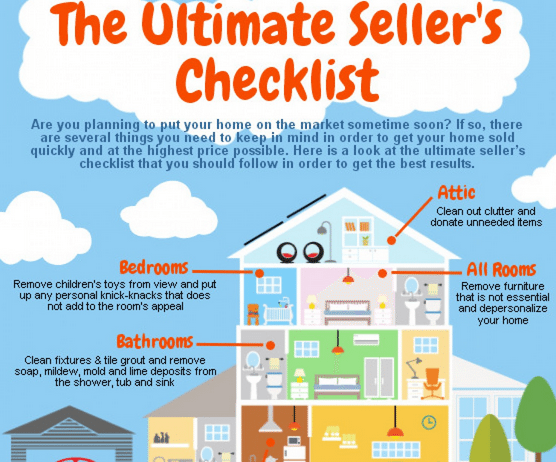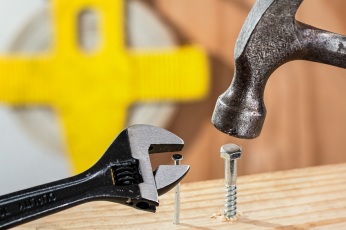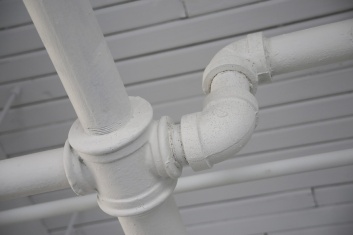As a homeowner, thinking outside the box, gadget-wise, can lead you to gizmos that solve your problems – even ones you didn’t know you had – in more humane, sustainable, energy-efficient ways than ever before. Read on to find out about five such inventions.
It’s Humane!: Solar-Powered Gopher Repellent
If you ever have a problem with rodents like gophers, moles, voles or shrews intruding on your lawn, look no further. This humane repellent doesn’t hurt anyone (people or animals), it simply emits a high-pitched sound at regular intervals to disrupt the animals’ sleeping patterns. It discourages them from moving in by making your lawn inhospitable – but without using traps or poison. The sound is too high for humans to hear it, and only travels underground so dogs aren’t disturbed, either.
It’s Tasty!: Outdoor Wine Glass Holders
They seem simple, but sometimes the most obvious things are the hardest to recognize. Like outdoor wine or champagne glass holders – removing the need to balance a full glass on uneven ground. Next time you’re on a picnic, take along these portable items, stick them in the grass (or the sand, if you’re at a beach) and hang your stemmed glass on the hook.
It’s Easy!: One Touch Jar Opener
Who hasn’t struggled with a jar opener for the pasta sauce while the noodles boil over and the onions burn? For any cook that doesn’t have a sous-chef handy, don’t worry – there’s now a one-touch jar opener for just that occasion. Conveniently sized and battery-operated, these little guys adjust to any jar size and have padded edges to protect the jars so you can reuse them.
It’s Handy!: iPad Fridge Mount
Increasingly, people these days are cooking with recipes from the Internet. With an iPad Fridge Mount, you don’t need to copy out the recipes, print them or worry about your device getting splashed or hit with dinner. The mount is easy to install – no tools needed – and easy to remove, so the iPad is as portable as ever. The mount can also go on walls or doors.
It’s Smart!: Automated Watering Controller
Unlike the other items on this list, which ranged from $10 to $30, the Blossom Smart Watering Controller sells on Amazon for just under $400. But it saves money, and conserves water, by monitoring the weather (so it can adjust its lawn/garden watering schedule for wetter or dryer days), and you control it through your smartphone. No new wiring, sprinklers or valves are needed.
If you need more info or want suggestions on neat home gizmos that work well in your neighborhood, reach out to your local real estate agent.

 Most people who have been on the market for a home are familiar with what the term ‘mortgage’ means, but many have not heard of a reverse mortgage and aren’t aware of how this product can benefit them. If you’re nearing retirement and are contemplating a new home or even relocation to another community, here are the details on a reverse mortgage and how this option may benefit you.
Most people who have been on the market for a home are familiar with what the term ‘mortgage’ means, but many have not heard of a reverse mortgage and aren’t aware of how this product can benefit them. If you’re nearing retirement and are contemplating a new home or even relocation to another community, here are the details on a reverse mortgage and how this option may benefit you.




 It can be a bit of a surprise if your home turns out to be valued at less than the purchase price offered, but this is the type of thing that can occur in an appraisal situation. While this can change everything from your contract to the amount of your down payment, if your home has been appraised at less than you envisioned, here are some options you may want to consider.
It can be a bit of a surprise if your home turns out to be valued at less than the purchase price offered, but this is the type of thing that can occur in an appraisal situation. While this can change everything from your contract to the amount of your down payment, if your home has been appraised at less than you envisioned, here are some options you may want to consider. If you’ve been perusing the real estate market with the hope of purchasing a home, you may be aware that the often-touted amount you should put down is 20 percent. However, there are good things and bad things involved in investing so much money into your new home. If you’re wondering how to decide on your down payment amount, here are some things to consider before putting in 20 percent.
If you’ve been perusing the real estate market with the hope of purchasing a home, you may be aware that the often-touted amount you should put down is 20 percent. However, there are good things and bad things involved in investing so much money into your new home. If you’re wondering how to decide on your down payment amount, here are some things to consider before putting in 20 percent.